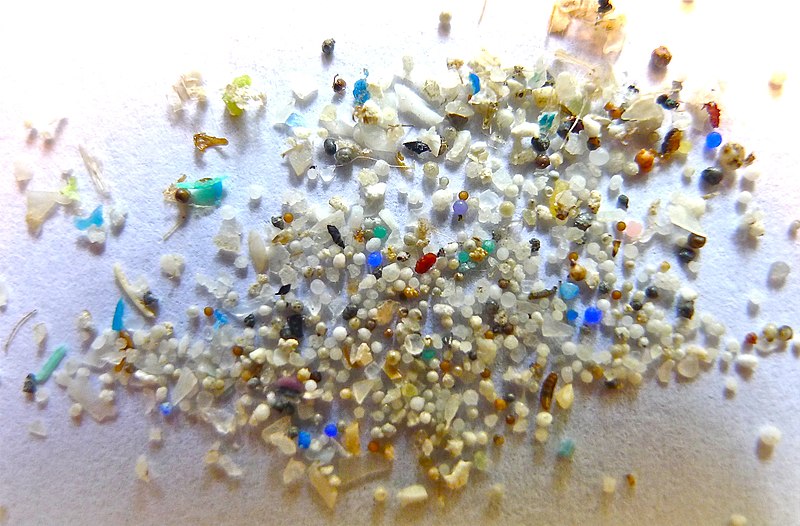Projects come and go quickly, and with each one, piles of documents, contracts, plans, and financial records, pile up. But what happens when those records are no longer needed? Do you just throw them away or hit delete? Or is there a better way to ensure that sensitive project information doesn’t fall into the wrong hands? Spoiler: there is a better way.
Let’s talk about secure document disposal and why it’s crucial for keeping your project records safe, even after the job’s done.
Why Does Secure Document Disposal Matter?
You could be thinking, “What’s the big deal? Shouldn’t I simply throw away the paperwork and move on once the project is finished?” Not quite, that is. Serious repercussions may result from improperly disposed of papers. We’re discussing data breaches, legal issues, and even the potential loss of priceless intellectual property.
Consider it. Private information such as customer specifications, financial information, or even proprietary designs may be included in those project documents. That information could provide your business with serious problems if it gets into the wrong hands. Additionally, certain businesses have stringent rules about how long you can retain papers and how to get rid of them when you’re done using them. Messing that up could result in hefty fines or, worse, a loss of trust from clients and partners.
What Happens When Documents Aren’t Disposed of Properly?
Here’s the thing: improperly disposing of documents doesn’t just mean tossing papers in the trash. It can also mean that digital files are not securely wiping. So, what’s at risk if you don’t take the proper precautions?
Legal Trouble – You’ve undoubtedly heard of regulations requiring particular protocols for the storage and destruction of documents if you work with sensitive data, such as financial records or contracts. Failure to comply with these regulations could get you in hot water with authorities, whether they are the GDPR in Europe or the data protection legislation in your nation.
Data Security Breaches – You don’t want your business to be the next headline for a major data breach, right? If documents with sensitive data (such as personal details or financial info) are disposed of improperly, they can easily be retrieved and used maliciously. In today’s world, even digital documents need to be completely wiped from devices. It’s not enough to just delete them. Data can often be recovered. So, what’s the right way to handle it? Keep reading.
Best Practices for Secure Document Disposal
Now that we know the risks, let’s get into what you can do to protect your project records. Don’t worry, it doesn’t have to be complicated.
1. Create a Clear Retention Policy
You must first establish a policy for document keeping. This entails establishing precise rules on the retention period and disposal date of records. While some project records can be securely destroyed after a few months, others may need to be kept for a few years. A well-defined policy guarantees regulatory compliance and eliminates superfluous clutter
2. Shred Physical Documents
For physical documents, think printed contracts, plans, or reports, the old-school method still works best: shredding. Shredding is not just about cutting papers into tiny strips; it’s about making sure they’re completely unreadable and unusable. Don’t just toss them in the recycling bin. If you’re dealing with lots of documents, it’s worth investing in a good industrial shredder or hiring a certified shredding service.
Remember, not all shredding companies are created equal. Some may take shortcuts. So, make sure your service provider is certified, like those that comply with industry standards for document destruction. It’s a small investment for peace of mind.
3. Secure Digital Data Disposal
Digital files? They’re tricky. Deleting files on your computer, tablet, or even in the cloud doesn’t mean they’re really gone. Files can often be recovered with the right tools. Yikes! So, what’s the solution?
There are software tools designed for secure data deletion that ensure files are erased beyond recovery. These tools overwrite the data multiple times, rendering it unreadable. If you’re disposing of hard drives or other physical storage devices, you may need to physically destroy them or degauss them (essentially scrambling the data with magnetic fields). Either way, make sure that no one can access those files after disposal.
4. Outsource It (When in Doubt)
If all of this sounds like too much to handle on your own, you can always outsource document disposal to a trusted third party. There are many certified services that specialize in secure disposal, both physical and digital. For example, if you’re located in San Jose, services like Corodata San Jose paper shredding offer professional, secure shredding solutions to ensure your sensitive documents are properly destroyed. These services often provide certificates of destruction, so you can be sure that everything was disposed of securely. If you’re dealing with a large volume of documents, outsourcing can save you time and offer peace of mind.
The Role of Technology in Document Disposal
Secure document disposal is becoming simpler and more effective as a result of ongoing technological advancements. Cloud-based document management solutions are increasingly widely used by enterprises. Even while these systems have security safeguards of their own, it’s crucial to make sure they also have safe deletion capabilities.
Furthermore, some project management software has built-in document management features that facilitate tracking the lifecycle of individual documents and guarantee that they are safely disposed of when no longer required. You can stop worrying about deadlines falling between the cracks by automating reminders for retention policy and document destruction.
Don’t Let the Risks Pile Up
At the end of the day, managing your project records doesn’t stop when the project finishes. You need to think ahead about how you’re going to dispose of those records securely, whether they’re paper or digital. Proper disposal protects not just your company’s reputation but also your legal standing and intellectual property. Plus, it’s the responsible thing to do.
So, here’s the big question: Are you confident that your document disposal practices are up to snuff? If not, it might be time for a little audit. Better safe than sorry, right?
Conclusion
Although it may not be the most fascinating subject, securely disposing of documents can save you a great deal of headaches in the future. The actions you take now, like safely erasing digital files or shredding paper, can help you avoid issues later. Additionally, there’s no shame in consulting experts if you’re ever unsure.
The bottom line: Maintain compliance, save your project documents, and safeguard your company. It involves more than just tidying up after a project; it also entails making sure that private data is treated with the consideration it requires.







